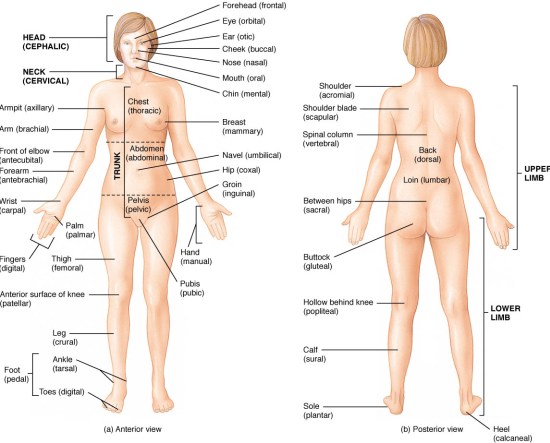There are a number of myths and misconceptions that have come to be associated with conception, pregnancy and women’s sexual health. Let us look at some of them and examine their veracity.
Herpes and other sexually transmitted diseases have visible symptoms
This is not always so, and a majority of those suffering from genital herpes actually have no visible symptoms; many not even know that they have the condition!
Though condoms do protect against genital herpes, in some cases condoms cannot contain the spread of herpes, particularly if there is skin to skin contact of areas where there are sores.
Many other STDs and STIs are also asymptomatic even as severe damage may be done to the reproductive health of a woman. For instance bacterial vaginosis, gonorrhea, HIV, HPV, pelvic inflammatory disease, syphilis, trichomoniasis, and so on may be asymptomatic, particularly in the early stages.
It is important to share sexual history with a partner, and be honest; also it may make sense to get tested together at the start of a relationship.
You cannot get Pregnant when you have your period
While chances of this happening are very slim, it can happen. The fact is that ovulation can be very uncertain, and it is ovulation that determines when a pregnancy will occur. Though ovulation is supposed to occur 13 days after one’s period, it can occur well before or well after that time as well.
The other thing that contributes to the uncertainty of getting pregnant is the fact that sperm can survive up to 72 hours after sexual intercourse so conception can also occur up to 72 hours or more after intercourse. Because of these two factors conception can be very variable and studies have indicated that conception can occur at virtually at any time during a woman’s menstrual cycle.






